- Home
- 7 Steps of Goal Setting
- How do I overcome procrastination by building an intention plan
how do I overcome procrastination: Build a solid Plan so You Don't fall for YOUR own pick up lines!
How do I overcome procrastination? One key way is to build a solid intention plan so you don't fall for your own pick up lines!
You've heard of pick-up lines, right! You know, those cheesy one-liners someone might use to get a date? Well, did you know that there are also procrastination pick-up lines?
When you hear yourself say….'hey, I have plenty of time'….or 'I work better under pressure'….or 'this is so boring'…..well, these are your procrastination pick-up lines.
 What are your procrastination pick up lines?
What are your procrastination pick up lines?They are warning signs that you are about to enter the procrastination zone.
It is normal to say these things…who wants to do something they don't like. The problem is that procrastinators fall for some of their pick-up lines and put things off.
The thing for procrastinators is to recognise their pick-up lines and change their conclusion to them. In this article, I want to:
- provide you with some examples of the typical procrastination pick-up lines
- describe what an intention plan is, and
- how to link and procrastination pick-up line to an intention plan - so that you can overcome procrastination
1. Typical procrastination excuses and pick-up lines
How do I overcome procrastination?
First know what your excuses are!
Excuses can be lame, excuses can be pathetic, and excuses can be clever. The creepy thing is that these excuses all have an element of truth. That is why they are so compelling.
If you look at why people procrastinate, a main reason is because they fall for their own excuses.
Some typical procrastination excuses I have heard include:
- I’ve got so many more important things to do than this.
- I am not sure what to do. I’ll wait for more information.
- I work better under pressure – I am just a last-minute person
- I don't like this and I have other more enjoyable things to do.
A personal favorite that I fall for all the time is "It is the last day of sunshine for the week! I’ll start it tomorrow."
All of these excuses have an element of truth to them, but the thing is that when we tell ourselves these excuses the natural conclusion is to put off the task.
So how do I overcome procrastination - know what excuse you fall for and then build an intention plan for it.
2. How do I overcome procrastination with an intention plan
Peter Gollwitzer, an expert on intention plans, says that you double the chances that you will follow through with almost any activity when you make an intention plan. This has been scientifically confirmed from tasks like writing a report over break to getting medical screenings for life-threatening illnesses.
So to overcome procrastination and not fall for our pick-up lines, we need to debunk all the old familiar excuses.
This involves identifying your well-worn excuses and then pre-deciding what you will do if you hear yourself saying this excuse to yourself. This immediate 'next action' that you will pre-decide to do so that you do not procrastinate – that's your new domino behaviour.
Shane Owens and his colleagues at Hofstra University demonstrated that those who perform implementation commitments were nearly eight times more likely to follow through on a commitment than those who did not create them. That could be you!
3. How do I overcome procrastination by building an intention plan?
The implementation intention is to create a new response to these triggers. So your triggers are your procrastination excuses.
What are your new responses going to be?
Here are some ideas:
- IF I say to myself things like "I'm too tired", THEN I will just get started on some aspect of the task.
- IF I say to myself things like, "I don't feel like doing this now", THEN I will take the first step right now - just for 30 minutes.
- IF I say to myself things like, "I'm waiting for a moment of inspiration", THEN I will just get started, and inspiration may come.
So you can see here that
- the IF part of the statement is your typical excuses (which often have an element of truth to them), and
- the THEN statement describes the new trigger action to the old familiar excuse.
What you are trying to do here is to identify those typical excuses you make and then create a pre-decision that decides the action you will take when those familiar excuses pop up.
Procrastination activity: Build your own intention plan to stop procrastination
Your activity is to build your implementation intention plan to reduce procrastination.
In this activity, you need to:
- Identify the words that you hear yourself saying to yourself when you are about to procrastinate. In other words, identify your well-worn excuses.
- Complete your intention with the phrase "Then I will" (and choose the ‘next action’). This is where you write the immediate 'next action' that you will pre-decide to do so that you do not procrastinate – that's your new domino behavior.
For example, I tend to procrastinate when I am tired and bored - and my usual default behavior is checking email or surfing the Net. So that I don't fall for my procrastination pick-up line 'I am too tired,' I made the following implementation intention:
IF I say to myself, "I am too tired" or "I am bored", THEN I will stick with the activity for at least another 10 minutes.
Shane Owens and his colleagues at Hofstra University demonstrated that those who perform implementation commitments were nearly eight times more likely to follow through on a commitment than those who did not create them. That could be you!
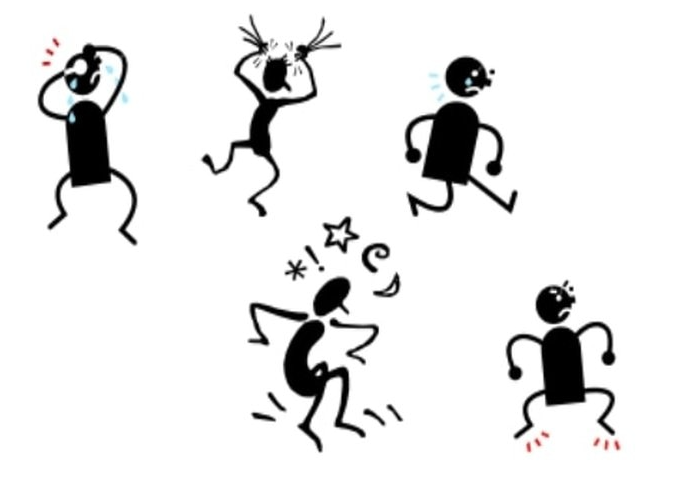




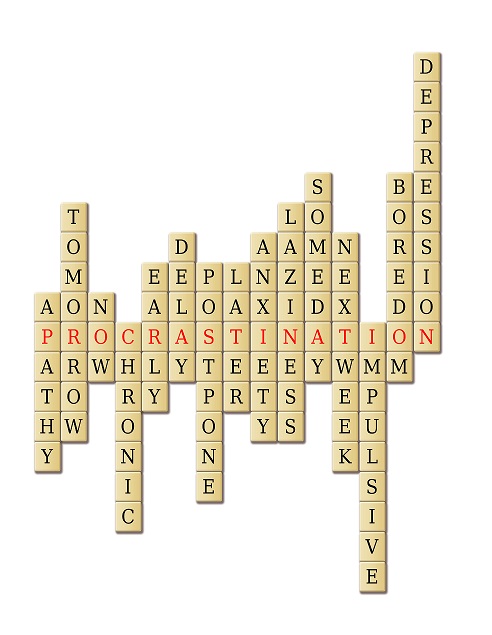


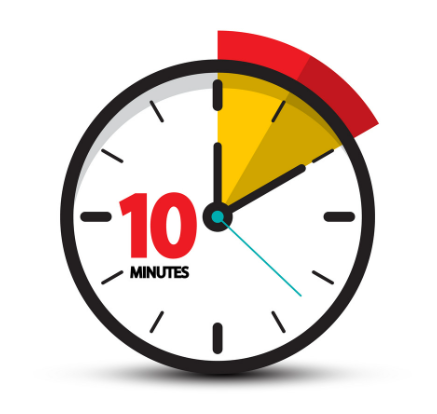
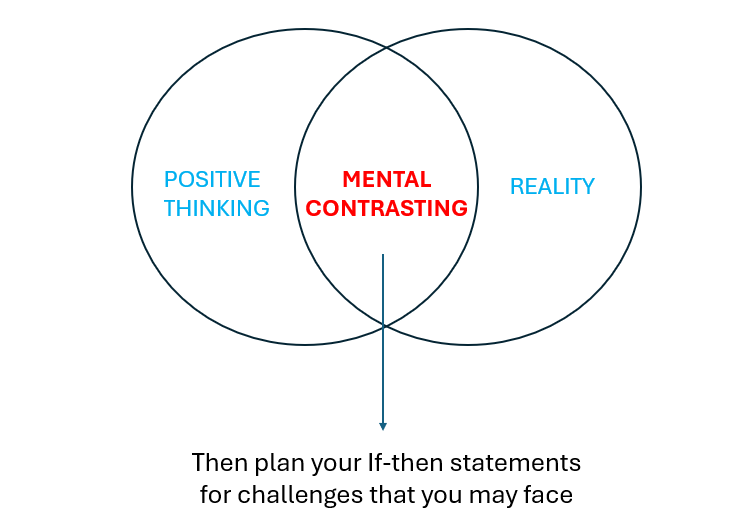



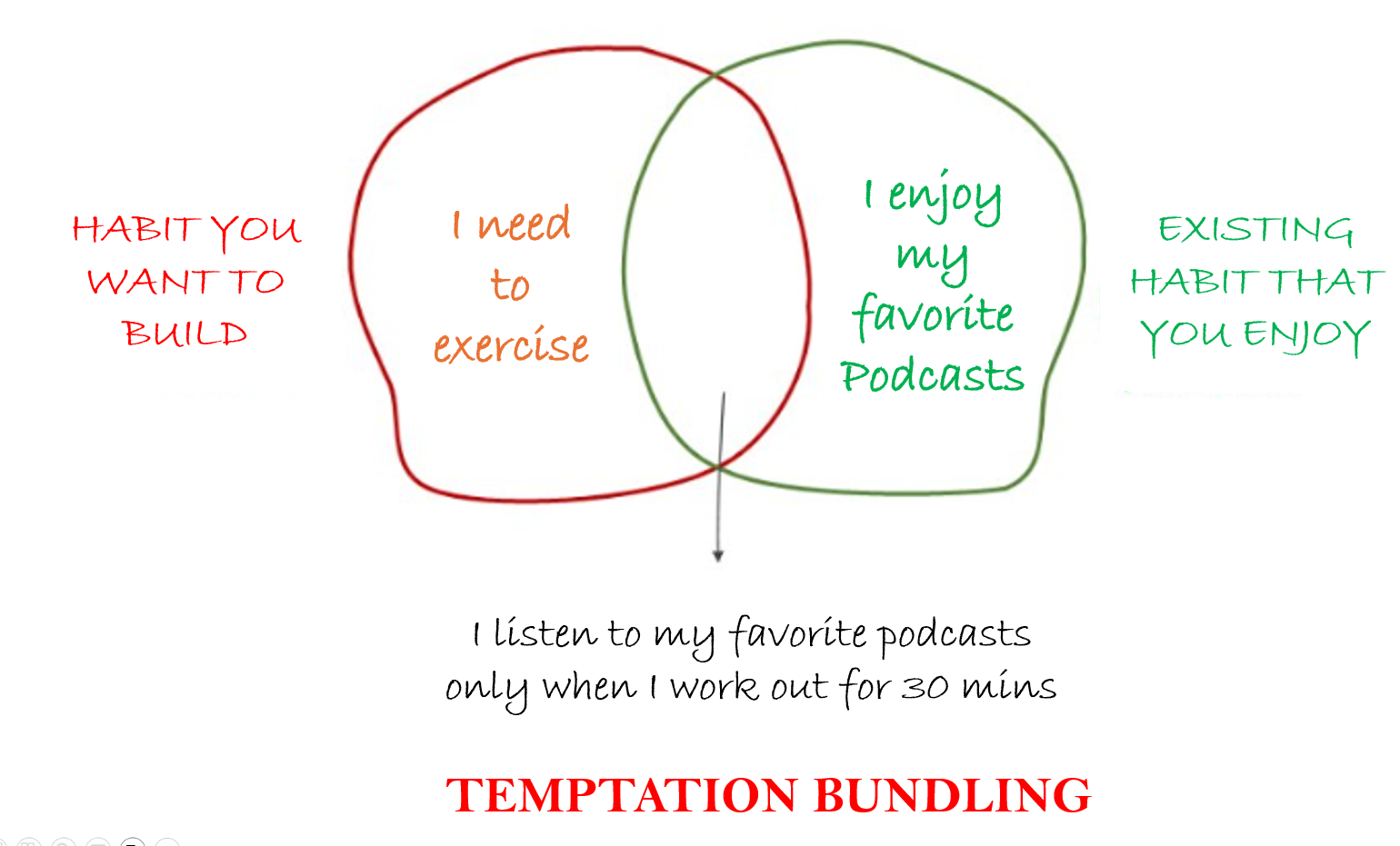

New! Comments
Have your say about what you just read! Leave me a comment in the box below.